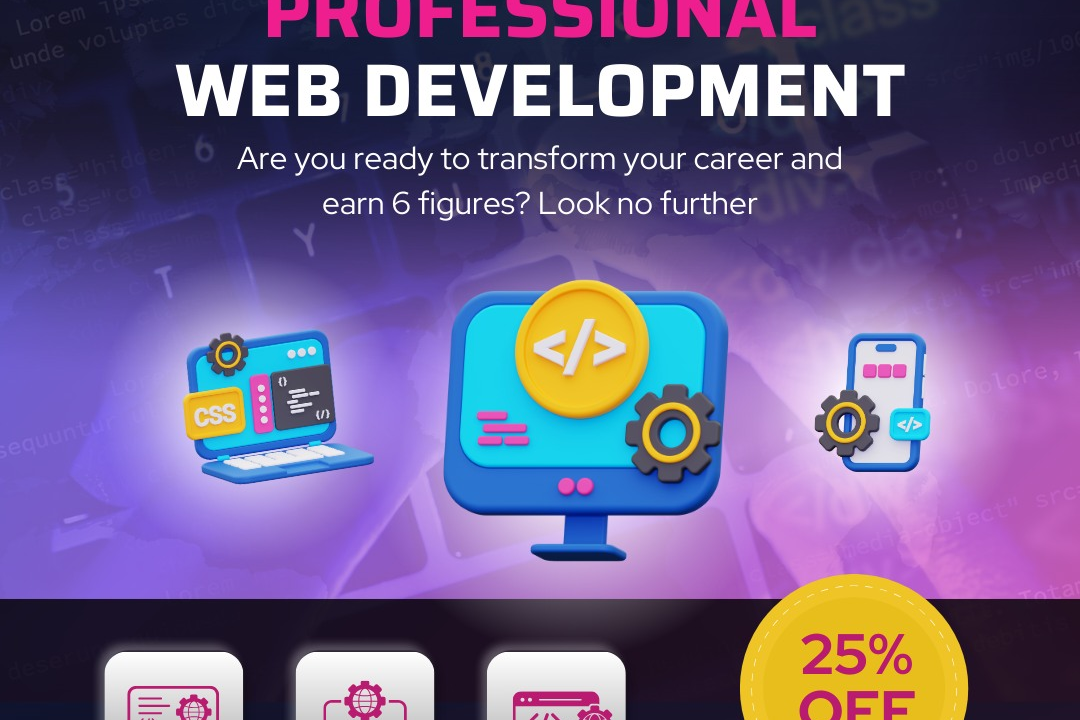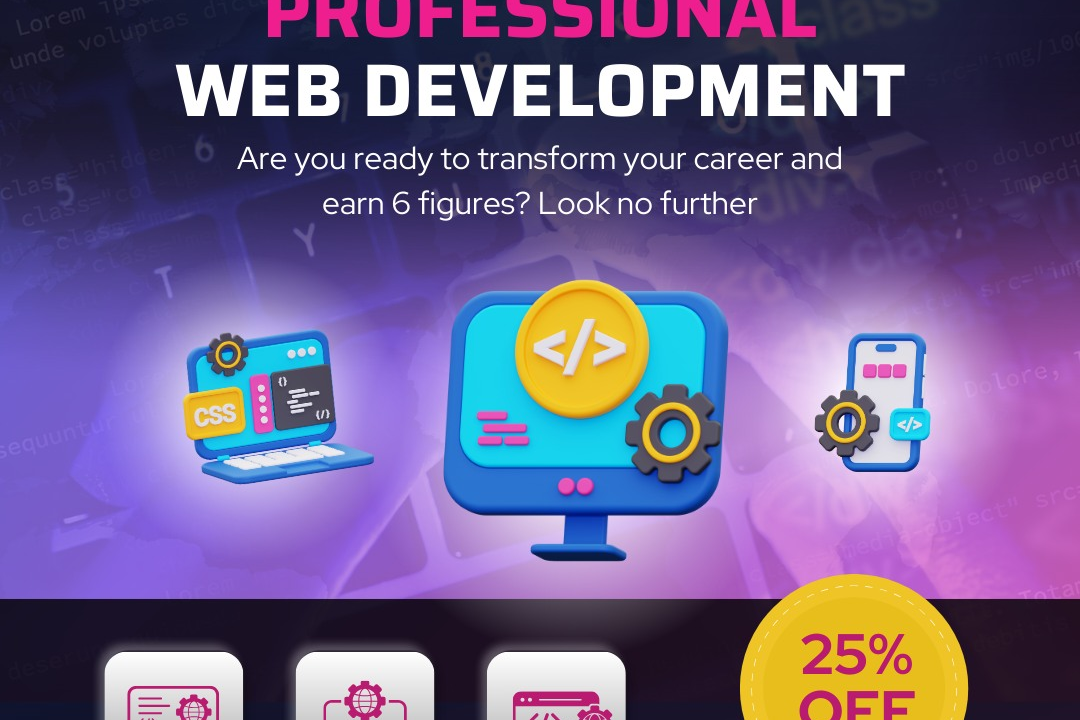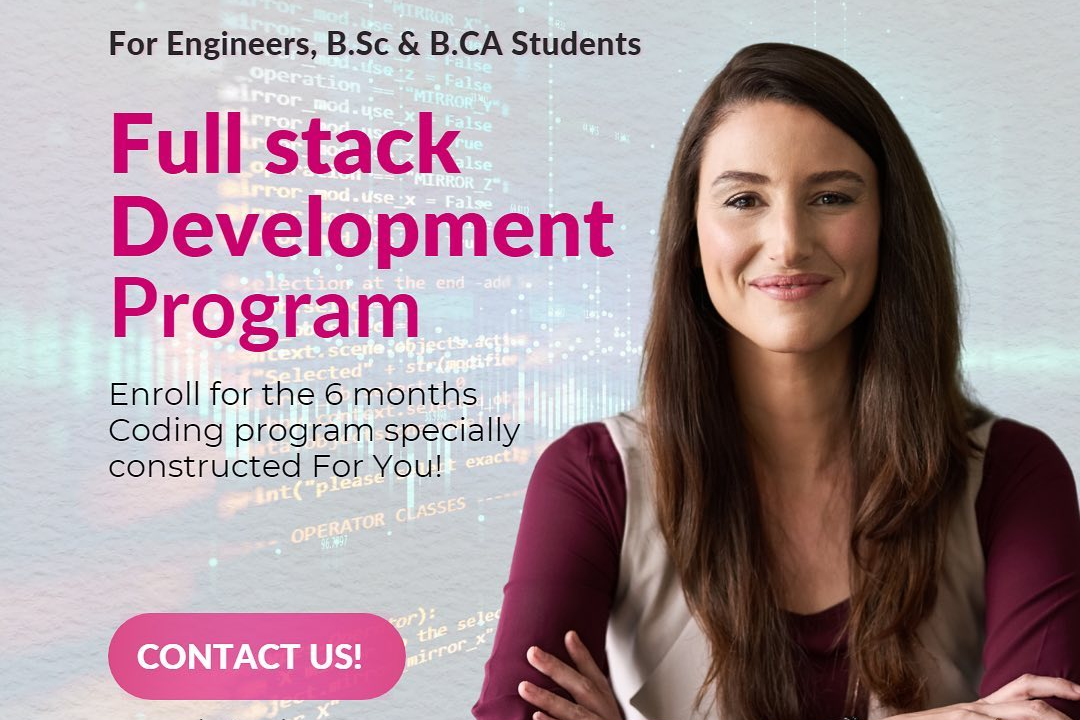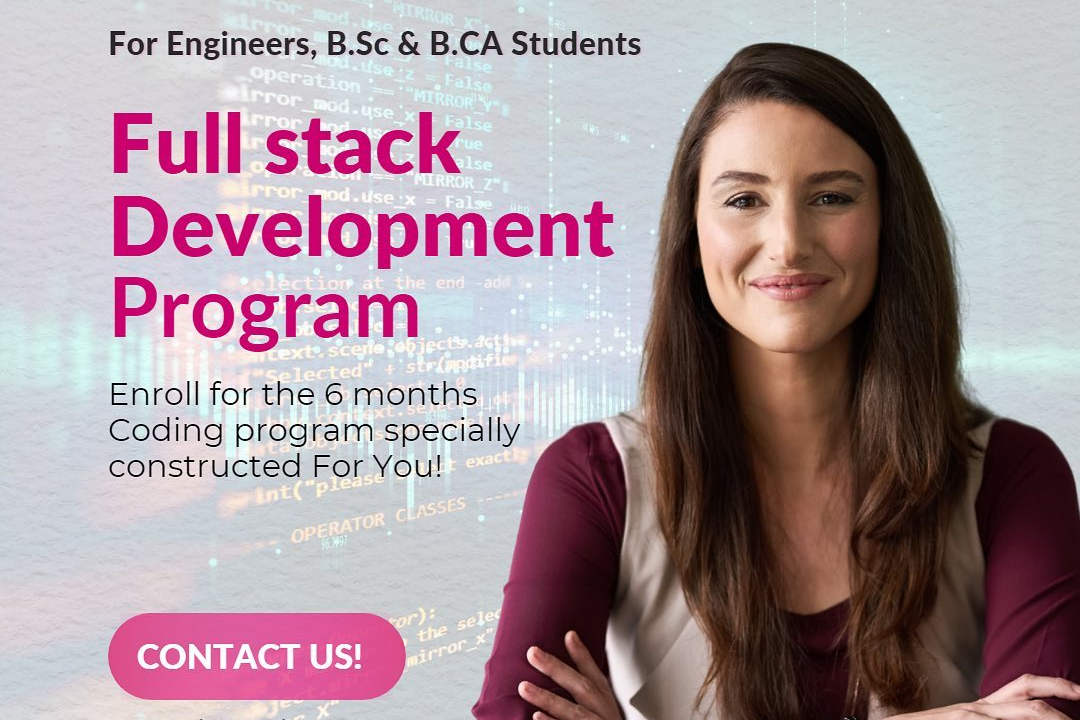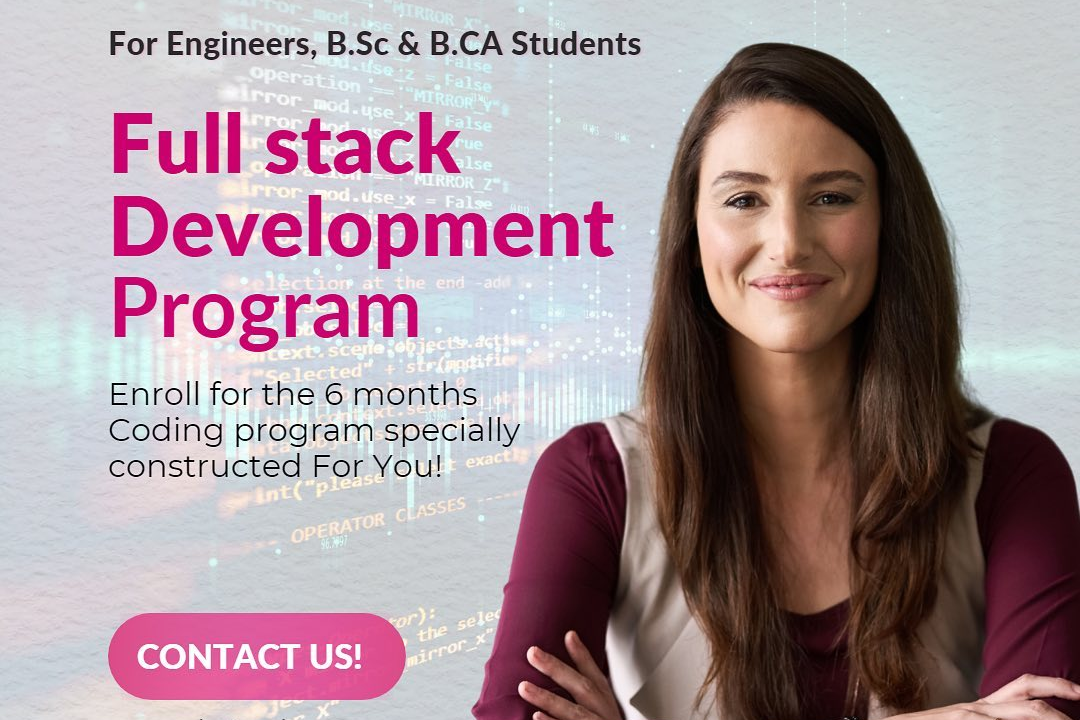How to Compile C Program in PHP Demo
In the PHP demo environment provided by JustAcademy, compiling a C program involves writing your cod
How to Compile C Program in PHP Demo
The PHP demo environment by JustAcademy allows users to compile and run C programs directly within an online interface, making learning and testing C code quick and accessible without requiring local setup or additional software. This facilitates instant feedback, helping beginners understand coding concepts better and enabling developers to experiment with code snippets efficiently. By integrating C compilation into a web-based platform, it provides a seamless way to practice programming, troubleshoot errors, and visualize program outputs, making the learning process more interactive and convenient.
To Download Our Brochure: https://www.justacademy.co/download-brochure-for-free
Message us for more information: +91 9987184296
The PHP demo environment by JustAcademy allows users to compile and run C programs directly within an online interface, making learning and testing C code quick and accessible without requiring local setup or additional software. This facilitates instant feedback, helping beginners understand coding concepts better and enabling developers to experiment with code snippets efficiently. By integrating C compilation into a web based platform, it provides a seamless way to practice programming, troubleshoot errors, and visualize program outputs, making the learning process more interactive and convenient.
Course Overview
The “How to Compile C Program in PHP Demo” course at JustAcademy provides a quick, hands-on guide to integrating C code compilation within a PHP environment, enabling learners to understand and practice C programming seamlessly through real-time demo tools.
Course Description
Learn how to compile C programs within PHP using this practical demo. This course guides you through integrating C code compilation into PHP, enabling efficient development and testing of C applications in a PHP environment with real-time examples.
Key Features
1 - Comprehensive Tool Coverage: Provides hands-on training with a range of industry-standard testing tools, including Selenium, JIRA, LoadRunner, and TestRail.
2) Practical Exercises: Features real-world exercises and case studies to apply tools in various testing scenarios.
3) Interactive Learning: Includes interactive sessions with industry experts for personalized feedback and guidance.
4) Detailed Tutorials: Offers extensive tutorials and documentation on tool functionalities and best practices.
5) Advanced Techniques: Covers both fundamental and advanced techniques for using testing tools effectively.
6) Data Visualization: Integrates tools for visualizing test metrics and results, enhancing data interpretation and decision-making.
7) Tool Integration: Teaches how to integrate testing tools into the software development lifecycle for streamlined workflows.
8) Project-Based Learning: Focuses on project-based learning to build practical skills and create a portfolio of completed tasks.
9) Career Support: Provides resources and support for applying learned skills to real-world job scenarios, including resume building and interview preparation.
10) Up-to-Date Content: Ensures that course materials reflect the latest industry standards and tool updates.
Benefits of taking our course
Functional Tools
1 - GCC (GNU Compiler Collection): GCC is a widely used open source compiler for C programming language. In the course, students learn how to use GCC to compile C source files into executable binaries. They explore command line options such as optimization flags, debug symbols, and linking techniques, which are essential for producing efficient and error free programs. Understanding how to compile C code with GCC forms the foundation of integrating C modules within PHP applications, allowing students to develop high performance extensions and applications.
2) GDB (GNU Debugger): GDB is an essential tool for debugging C programs during the compilation and development phases. Students are trained on how to use GDB to identify, analyze, and fix code errors, segmentation faults, and runtime bugs. The course demonstrates how to set breakpoints, step through code line by line, and inspect memory and variable states. Mastering GDB enables students to troubleshoot complex issues in their C code, ensuring reliable and secure integrations with PHP.
3) Makefiles: Makefiles automate the compilation process by defining rules and dependencies between source files, object files, and executables. The training includes creating custom Makefiles to streamline multi file compilation, reduce manual commands, and manage complex build processes efficiently. Students learn best practices for organizing build configurations, handling conditional compilation, and managing environment variables, leading to more scalable and maintainable codebases when developing C extensions for PHP.
4) Valgrind: Valgrind is a powerful instrumentation framework for memory debugging, leak detection, and profiling of C programs. In the program, students are introduced to using Valgrind to detect memory leaks, invalid memory accesses, and uninitialized data. Through practical exercises, they gain insights into optimizing memory usage, enhancing program stability, and preventing security vulnerabilities, which are crucial when deploying C code in web environments integrated with PHP.
5) PHP Development Tools (PHPStorm, VSCode with Plugins): Integrated development environments (IDEs) such as PHPStorm and Visual Studio Code with appropriate plugins facilitate smooth development of PHP and C integrated projects. Students are trained on code editing, syntax highlighting, project management, and debugging tools within these IDEs. Using these tools, they can write, compile, and test C modules alongside PHP scripts efficiently, accelerating their learning curve and project deployment times.
6) PHP Extension Development Tools (phpize, php config): These specialized tools simplify building custom PHP extensions using C. ‘phpize’ prepares the build environment by configuring necessary files, while ‘php config’ provides configuration details such as compiler flags and PHP library paths. The course demonstrates their usage to customize and compile C modules compatible with different PHP versions, enabling students to develop flexible and portable extensions.
7) Cross Compiler Toolchains: For developing C programs targeting different operating systems or architectures, cross compiler tools are essential. The training covers setting up cross compilation environments that enable compiling Windows executables on Linux or ARM based programs on x86 systems. This knowledge prepares students for developing portable PHP modules that can run across diverse server environments.
8) Make Utility: The make utility orchestrates the compilation process by reading Makefiles and executing the necessary commands automatically. Students learn how to utilize ‘make’ to compile complex C programs, especially when multiple dependent files and libraries are involved. Effective use of ‘make’ reduces human error, saves time, and enhances productivity during development cycles.
9) Containerization Tools (Docker): Docker allows creating reproducible, isolated development environments for compiling C code and running PHP applications. The course includes training on setting up Docker containers with all necessary dependencies, ensuring consistent build and deployment processes regardless of the underlying host system. This promotes best practices in scalable and portable software development.
10) Version Control Systems (Git): Git is a fundamental tool for managing code changes, collaborating with teams, and maintaining version history during development. Students learn to use Git commands for cloning repositories, branching, merging, and tracking issues related to compiling and integrating C code with PHP. Effective version control fosters collaborative development and ensures code integrity throughout the project lifecycle.
11 - CMake: CMake is a powerful, cross platform build system that simplifies the configuration and generation of build files for complex C projects. The course covers how to write CMakeLists.txt files to manage project dependencies, library linkages, and build options, facilitating seamless integration of C modules with PHP on various operating systems.
12) Static and Dynamic Libraries: Understanding how to create, link, and utilize static (.a) and dynamic (.so/.dll) libraries is crucial for modular development. Students learn techniques for building reusable C libraries and integrating them efficiently into PHP extensions, enhancing code maintainability and performance.
13) Debugging with LLDB: In addition to GDB, LLDB provides a modern debugger experience primarily on macOS and some Linux distributions. Students explore LLDB's features for debugging C code, troubleshooting integration issues, and improving developer workflows in multi language environments involving PHP.
14) Unit Testing Frameworks (CUnit, Unity): Implementing unit tests ensures robustness and correctness of C code before integration with PHP. The course introduces popular testing frameworks, guiding students on writing test cases, automation, and test driven development practices to produce reliable C modules.
15) Static Code Analysis Tools (Cppcheck, Clang Static Analyzer): These tools analyze C source code for potential errors, code smells, and security vulnerabilities without executing the program. Students learn how to incorporate static analysis into their development process, improving code quality and security for PHP extensions.
16) Profiling Tools (gprof, Perf): Performance optimization is key in high traffic PHP applications. The course covers profiling tools to identify bottlenecks in C code, analyze call graphs, and optimize execution paths, leading to faster and more efficient PHP C integrations.
17) Continuous Integration/Continuous Deployment (CI/CD) Pipelines: Automating build, test, and deployment processes ensures consistent quality and rapid iteration. Students learn to set up CI/CD pipelines with tools like Jenkins, GitLab CI, or GitHub Actions for compiling and deploying PHP extensions built with C.
18) Secure Coding Practices: Developing C code for web applications requires attention to security vulnerabilities such as buffer overflows, injection attacks, and memory corruptions. The course emphasizes best practices and security guidelines to safeguard PHP applications integrated with C modules.
19) Documentation and Code Standards: Clear documentation and adherence to coding standards like MISRA or GNU coding standards facilitate maintainability and collaboration. Students are taught to write comprehensive documentation for their C code, easing future updates and debugging.
20) Packaging and Distribution (PECL, Composer, Docker Images): Once developed and tested, distributing C based PHP extensions efficiently is vital. The course covers creating PECL packages, integrating with Composer, and building Docker images for deployment, ensuring easy installation and scalability.
21 - Interfacing with Other Languages: To broaden integration capabilities, students explore interfacing C modules with other languages like Python or Java, understanding FFI (Foreign Function Interfaces) and binding techniques that complement PHP extensions.
22) Optimization Techniques: Beyond debugging and profiling, students learn manual optimization strategies such as inlining, loop unrolling, and compiler specific optimizations to enhance the performance of C code within PHP environments.
23) Real world Project Development: The curriculum includes end to end project development, from requirement analysis through development, testing, deployment, and maintenance, providing practical experience in creating scalable and efficient PHP C integrations.
24) Cloud Deployment and Monitoring: With applications moving to cloud environments, students learn deploying PHP applications with C modules on cloud platforms like AWS or Azure, along with monitoring tools for maintaining system health and performance.
25) Tutorials and Community Resources: The course also emphasizes leveraging online tutorials, forums, and community support to troubleshoot issues, stay updated with best practices, and foster continuous learning in C and PHP development ecosystems.
Browse our course links : https://www.justacademy.co/all-courses
To Join our FREE DEMO Session:
This information is sourced from JustAcademy
Contact Info:
Roshan Chaturvedi
Message us on Whatsapp:
Email id: info@justacademy.co

